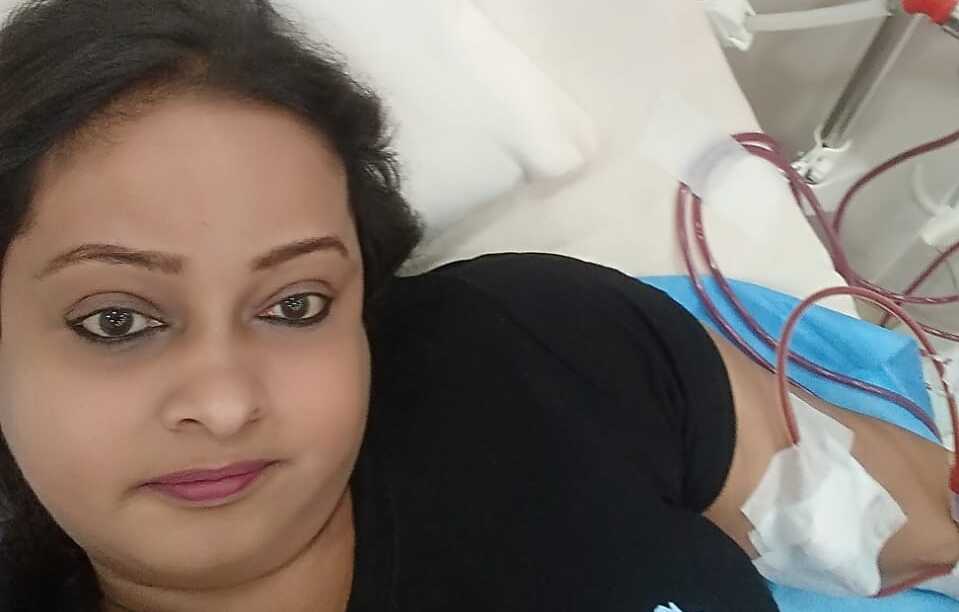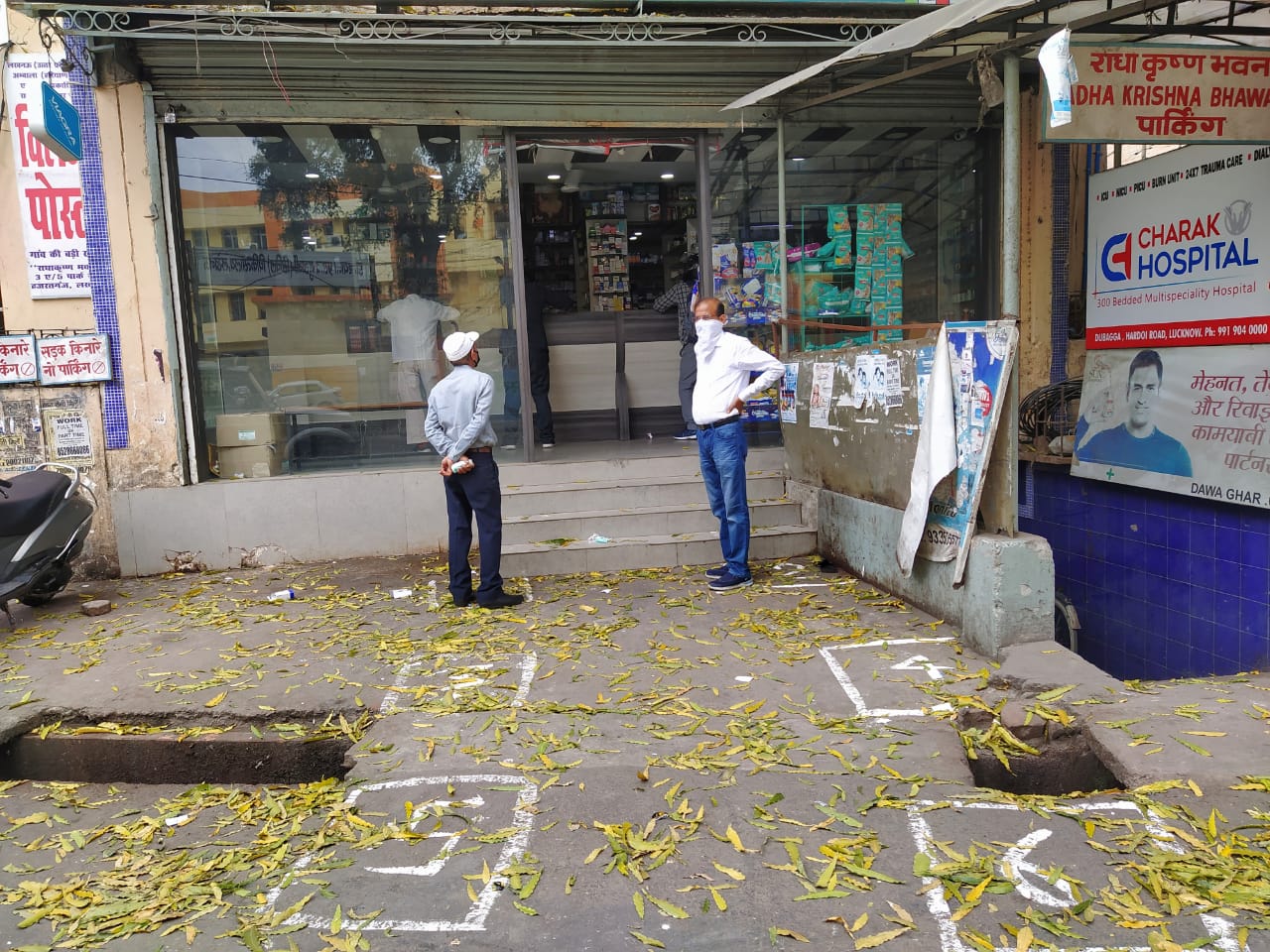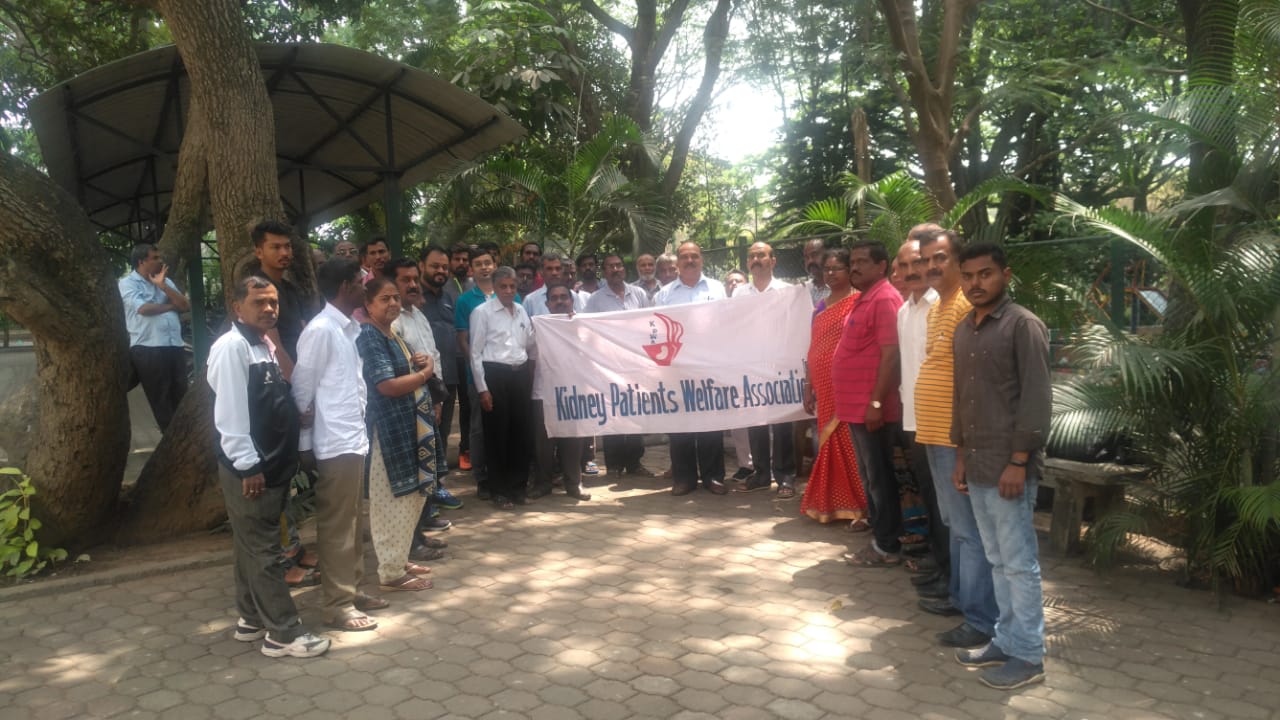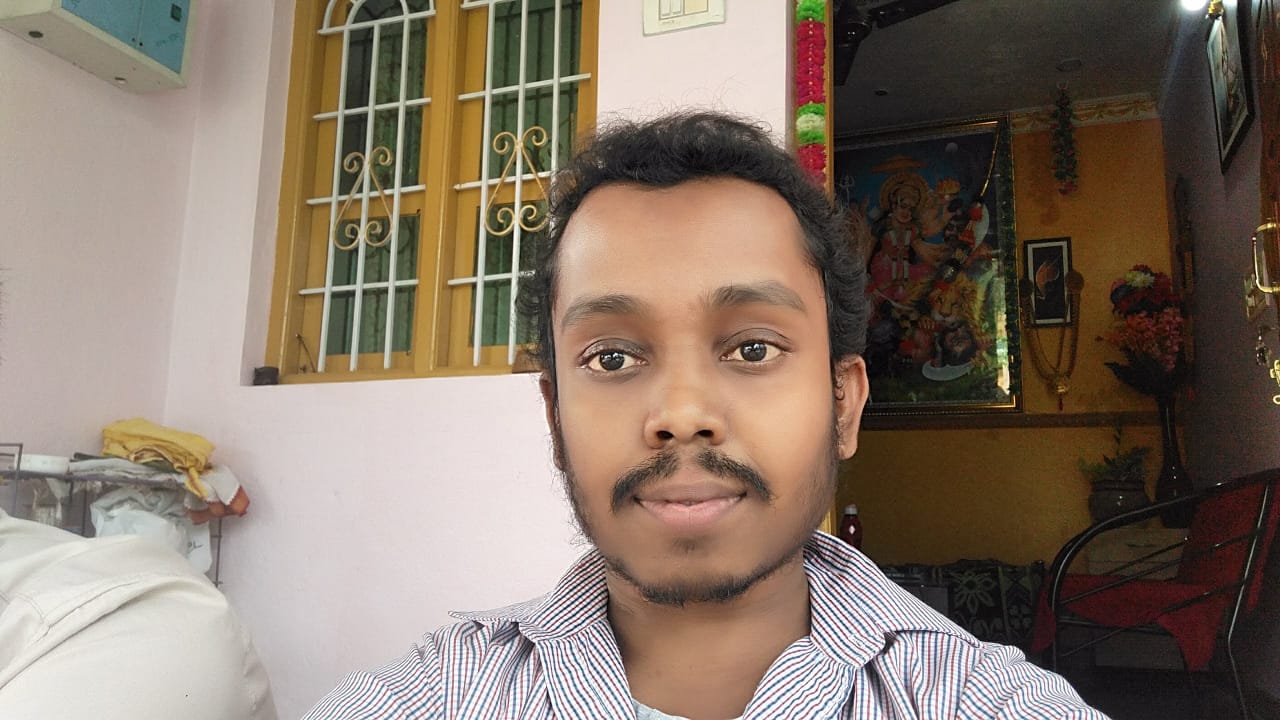Dialysis patients not getting consumables or easy access to hospitals during the lockdown
Lockdown: Suppliers of dialysis consumables are reporting a shortage; kidney failure patients are finding it difficult to reach hospitals for dialysis without which they run the risk of dying


39-year-old Sejal Jobanputra is hearing impaired and on dialysis for the last 13 years. She lives alone in Mumbai and is finding it hard to reach dialysis centre amid lockdown
On March 25, the first day of nation-wide lockdown, 54-year-old Gurmeet Singh, a resident of Patiala in Punjab, stepped out of his home for dialysis. His two-wheeler was still parked at a private hospital, about four kilometres from his house, because it had developed a snag the last time Singh went there for dialysis, which was four days back.
With both his kidneys not functioning, Singh is on dialysis for the last six years. Ideally, a patient needs dialysis three times a week. But, to save costs, Singh manages with two dialysis sessions — Wednesday and Saturday of every week.
That morning, as Singh stepped out, the local police stopped him and told him to return home, as the lockdown was underway. Singh begged if he was not allowed to reach the hospital and get dialysis, he may die. Police took mercy at him and allowed him to proceed. On foot, that is.
Singh trudged for almost four kilometres to reach the hospital for dialysis. He managed to survive that day. But, for how long, asks Karamjeet Kaur, his wife.

“Isn’t it inhuman to make a dialysis patient walk kilometres to access his regular dialysis session? We understand the country is facing an unprecedented health crisis, but should dialysis patients be left to fend for themselves? If these patients do not get dialysis on time, it can be fatal,” she told Gaon Connection.
“I request both the Central government and the state government to let dialysis patients have easy access to their hospitals and medicines,” said Kaur who takes tuitions to make both the ends meet, as her husband can no longer run his electrical goods shop.
Over 1,600 kilometres away, 39-year-old Sejal Jobanputra, a dialysis patient for the last 13 years, lives alone in Kandivali, Mumbai. She is also hearing impaired.
“With no autorickshaws and taxis plying in the city, it has become a nightmare to reach my dialysis center one-and-a-half-kilometre from my home. I live alone and I am hearing impaired, which adds to my troubles,” Jobanputra told Gaon Connection.
“Patients who have had kidney failure and are on dialysis do not pass urine. Fluid and toxin accumulation in their body is a major concern. Imagine walking alone on the road with swollen legs and breathlessness to reach the dialysis center,” she added.

In 2002, Jobanputra’s sister donated her one kidney. But the transplant failed in five years and Jobanputra is back on dialysis. “Due to the shortage, I am unable to purchase dialyzer and blood tubings. My dialysis centre has hinted at reducing three dialysis sessions a week to two,” she said worriedly.
In response to the coronavirus 2019 (COVID-19) pandemic, on March 24 the Prime Minister Narendra Modi announced 21-day nation-wide shutdown to control/slowdown the spread of the virus in the country. All modes of transport — air, road and railways – are shut for common people (except essential supplies); and the transport of goods is also affected. This has disrupted the supply chain in the healthcare sector, too.
Reports are pouring in from different parts of the country over problems being faced by dialysis patients.
“We must remember the healthcare sector is more than doctors, nurses and health workers. There are chains of people attached with the health sector and nationwide shutdown may lead to supply chain disruption, if not addressed immediately,” said a Mumbai based doctor.
“Today I received a call from two of my patients who said they were unable to get non-invasive ventilator, as the supplier had shut shop because workers were not reporting for work. How are doctors going to respond to the humongous challenge under such circumstances?” he asked requesting anonymity.

He is not alone to voice concerns around supply chain disruption in the healthcare sector.
Forty-two-year-old Purnanand Sanket works with Kidney Patients Welfare Association in Bengaluru that supports dialysis patients. He is 10 years post his third kidney transplant.
“Since the last 10 days or so, we have started facing a shortage of dialysis consumables. For instance, heparin, an anticoagulant is needed during dialysis to prevent the clotting of blood. This chemical is mainly supplied by China and we are facing its shortage,” Sanket told Gaon Connection.
“Corporate hospitals may not have an immediate problem as they have large stocks available with them. It is the small hospitals and health centres in peri-urban areas that are facing the crunch. Patients are being advised to go for two dialysis sessions a week rather than the regular three sessions,” he added.
Clearly, kidney failure patients face both physical and mental trauma. And, lack of access to hospitals and the shortage of dialysis consumables can increase their stress manifold.
Take the case of 36-year-old Suresh Palakeerthi, who lives in Hyderabad, and is dependent on dialysis for the last three years. “Post dialysis session, on my way back from the hospital, a local policeman stopped me and threatened me for violating the lockdown. I told him my health condition, but rather than empathising with me, he told me to stay off lest my disease gets passed on to him,” Palakeerthi told Gaon Connection.
The shortage of heparin is not the only concern. Dialysis requires consumables such as dialyzers and blood tubings. Cheaper dialyzers are manufactured in China, whereas higher quality ones are imported from Germany, Malaysia and Indonesia. Transport restriction means a shortage of these consumables, too. Patients are being advised to clean and reuse dialyzers and blood tubings.

Pramod KP, a resident of Bengaluru, is on dialysis for the last 17 years. Since he is a long-time patient, he needs high flux dialyzer that efficiently clears toxins from the bloodstream.
“Of the total 12 dialysis sessions a month, I carry my own high flux dialyzer for 10 sessions and for the rest two, I use low flux dialyzer supplied by the hospital,” Pramod told Gaon Connection. “But, for the last one week, I am facing a lot of problems as I am unable to procure high flux dialyzer and have to depend on whatever the hospital is offering,” he added.
According to him, a number of dialysis patients in his circle are also reporting a shortage of blood tubings. “So far, big hospitals have no issue. But, smaller hospitals with 100 dialysis sessions a month are facing a crunch, as they do not have large stocks available with them. Patients are being told to bring their own tubings,” he informed.
Mumbai-based Samiir Halady, a digital marketing consultant, was on dialysis for 17 years and has just completed nine months of successful kidney transplant donated by his mother. He is also actively attached with the Amar Gandhi Foundation that raises awareness on organ donation and prevention and control of kidney disease.

Amid the lockdown, Halady is working day and night to make things easier for dialysis patients. “The first problem being faced by the patients is lack of transport to reach hospitals and dialysis centres. After speaking with local authorities, we have got a list of BEST bus routes that are still functional in Mumbai and can be used by the patients,” he told Gaon Connection.
Apart from this, we have operationalised a system of pick-up cars and wheel-chair enabled taxis in certain parts of Mumbai, informed Halady. Patients have to call a helpline number an hour before they need the service. These cars have sanitisers and drivers wearing face masks. Once streamlined, this car service will be extended to other parts of the city for dialysis patients, he added.
Another problem being faced by the patients is police stopping their movement during the lockdown, which is understandable. “But, lack of dialysis can be fatal. We are working with local hospitals and police to see if identity cards or passes can be issued to patients so that they can continue to access the healthcare,” informed Halady.
Lastly, the shortage of dialysis equipment and consumables is something the government needs to address immediately, as two weeks of nationwide shutdown are still left.

